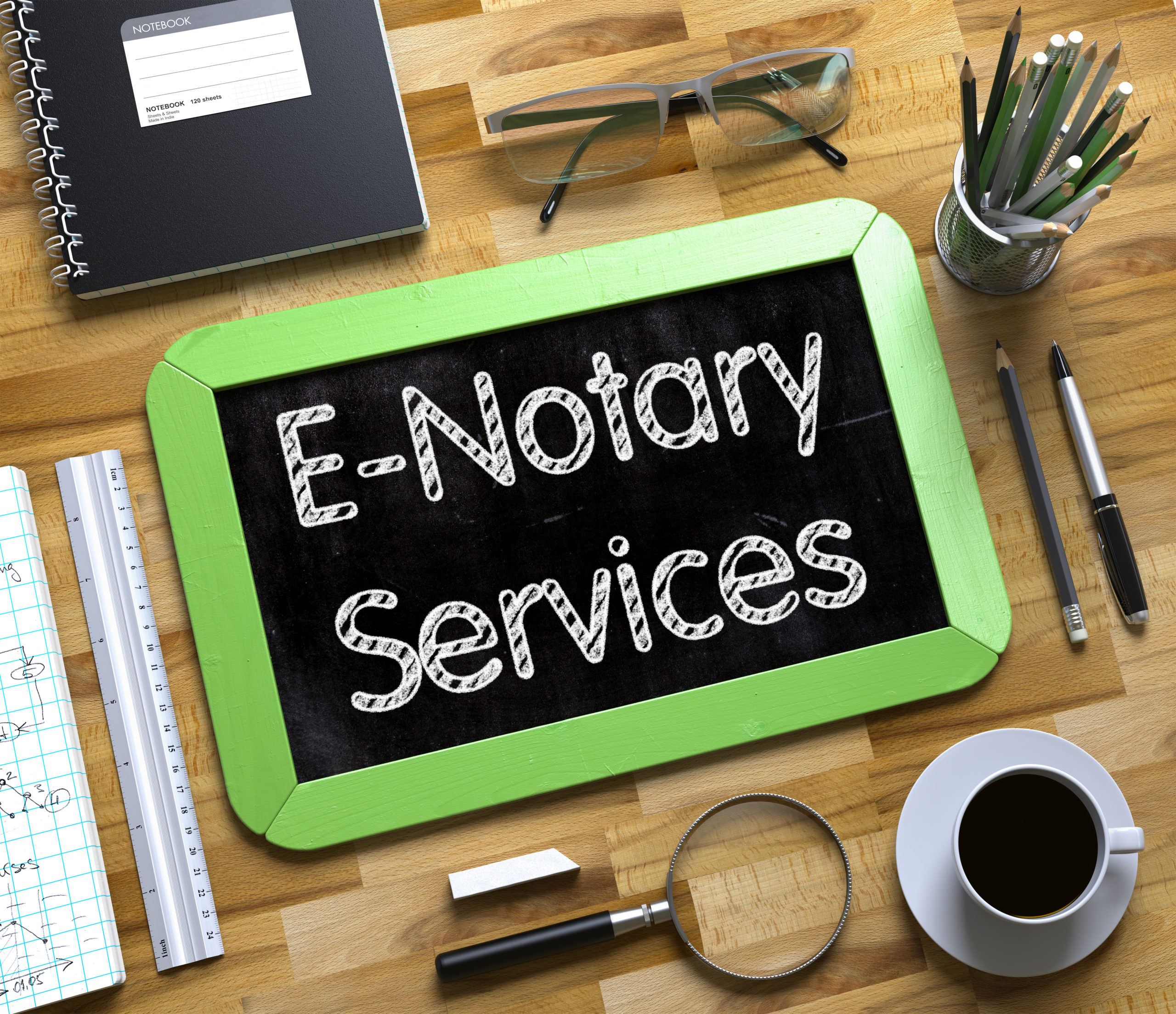What types of documents can be electronically notarized?
If the governor approves the bill, Florida will become one of a handful of states that allow remote electronic notarization of documents, such as deeds, wills, and promissory notes. Currently, Virginia, Nevada, Minnesota, Texas and Vermont allow remote electronic notarization.
How does this affect me?
If this bill is passed, it will make it much easier for parties to real estate transactions to complete a transaction more quickly and efficiently, eliminating the need for all parties to be physically present for a closing. Remote electronic notarization also eliminates the stresses and errors involved in mail away closings. From an economic standpoint, remote electronic notarization encourages more investors to buy properties in the state of Florida without having to be present in the state (or country) to do so.
How will Remote Electronic Notarization work?
Notaries who choose to offer Remote Electronic Notarization would need to sign up with a third-party vendor who will facilitate recording videos of documents being signed by witnesses, parties ad notaries. There are several third-party vendors that already provide this service for other states that have implemented Remote Electronic Notarization. In order for a notary to use this service, the notary must be a Florida notary physically located in Florida at the time of notarization. Also, the witnesses (if needed) must be in the U.S. at the time of signing.








